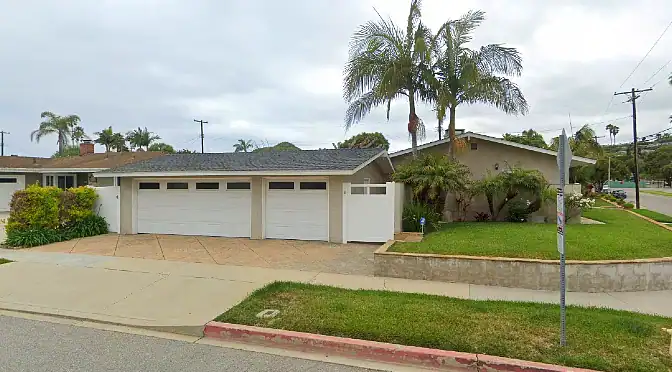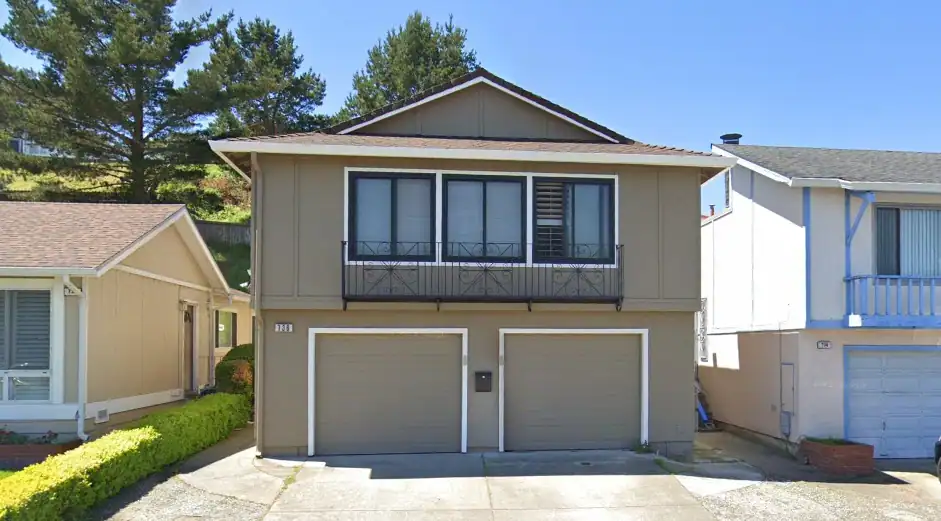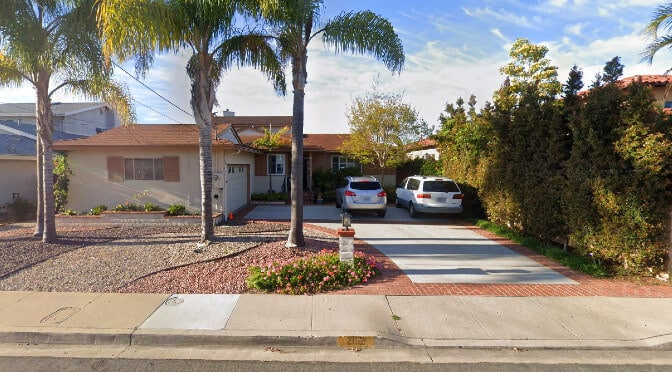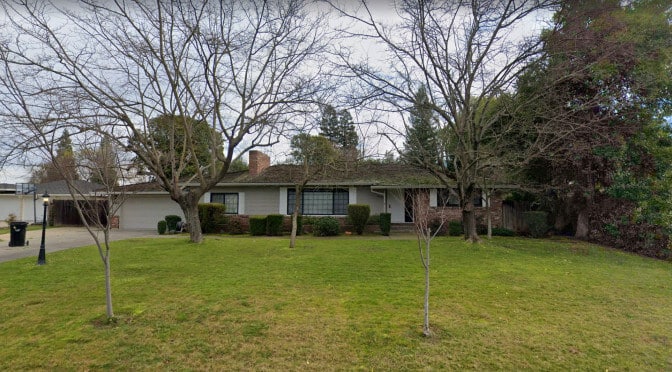
How To Get A Probate Loan Quickly
What Is A Probate Loan?
A probate loan is a short-term financing tool that allows beneficiaries (and probate administrators) to borrow against estate-owned real estate. Probate can be a long and cash-draining process leaving beneficiaries in need of short-term liquidity. Beneficiaries may need funds to cover expenses and debts of the estate or may need cash in order to equally divide an interest in real estate. Many beneficiaries use a probate loan to buy out siblings on a shared property owned by the estate. A beneficiary may also have an urgent personal situation that requires a short-term probate loan until the estate assets can be distributed. Probate loans can also be used to prevent a property tax reassessment with Prop 19 or Prop 58.
Probate loan solutions that use real estate as collateral are typically much more economical than assigning a portion of the beneficiary’s interest to an inheritance lender. A real estate probate loan will be recorded against the property with a note a deed of trust like a normal mortgage. The probate loan process will need to go through escrow with title insurance to make sure everything is recorded properly.
Probate loan solutions that are not secured by real estate are available but they are typically much more expensive. These types of probate loan solutions are not actually considered to be a loan, but rather an assignment to the inheritance advance company. The beneficiary is assigning a portion of their inheritance to the inheritance advance company, which the company will collect when the probate closes. Beneficiaries should consider the difference between an inheritance loan and an inheritance cash advance and determine which option best suits their needs.
The probate administrator is the individual who has the authority to act on behalf of the estate. The probate administrator should have “full authority” to enable them sign the loan documents for the estate without additional court approval.
Can You Borrow Against Your Inheritance?
A beneficiary can borrow against their inheritance with a probate loan if they have the approval of the probate administrator and all of the beneficiaries of the estate. The beneficiaries must all sign a notice of proposed action acknowledging the probate loan will be secured against the estate-owned real estate. Beneficiaries are often happy to sign the notice of proposed action when the purpose is to refinance an inherited property to buy out heirs as this means the beneficiaries will soon be receiving cash. Real estate-based probate loans require monthly payments.
How Long Does It Take To Get A Probate Loan?
Real estate-based probate loans can be funded and closed within 7 days. Closing the probate loan this quickly is only possible if there are no title or other issues that need to be worked out. This would require the probate administrator to provide all the necessary documentation immediately as well as a quick turnaround time for disclosure and document review and signing. Probate and estate loans to buyout siblings can speed up the overall probate process as the loan can be completed much more quickly than a traditional sale.
Common Delays With Probate Loan Solutions
There are many potential delays associated with probate loan solutions. Most are related to the probate administrator, cleaning up issues on the title of the property and disputes between beneficiaries of the estate.
- Obtaining court approval for a probate administrator to be named
- Probate administrator not having limited authority instead of full authority
- Waiting for an insurance policy to be placed on the real estate
- Discovering loans and liens that show up on the title of the property
- Waiting for payoff demands and full reconveyances from lien holders
- Disputes between beneficiaries of the estate
- Waiting for beneficiaries to agree and sign the notice of proposed action
How To Get A Probate Loan Sooner
Preparation and communication with all beneficiaries of the estate is the best way to get a probate loan quickly. The probate administrator must be named by the court and have full authority. The probate administrator must also be ready to complete the probate loan application forms and review and sign all the probate loan disclosures and documents.
A title search should be conducted in order to find all existing loans and liens against the property. All of the beneficiaries must agree on the probate loan being placed against the real estate.
What Is Probate?
Probate is the legal process which allows for the distribution of assets of an estate to the beneficiaries. Probate is necessary when the person who passed away has a will and when they didn’t a have a will. Probate can be avoided if the individual who will be passing assets to heirs forms a trust (prior to death). Probates typically need to go through the court system and can take months to years to be completed. The length of the probate will vary based on the amount and types of assets within the estate. It is common for beneficiaries of the estate to hire a probate attorney (estate planning attorney) to assist with the probate process.
Probate starts when an order is filed with the probate court after the death of an individual. The court will assign an individual to be a probate administrator and provide them letters of administration. It is best if the probate administrator is able to receive the letters of administration with full authority. If the probate administrator only has limited authority, they will still need court approval for various actions. The probate administrator is often one of the beneficiaries of the estate.
What Are The Duties Of The Probate Administrator?
The probate administrator is responsible for managing the estate and getting the probate completed and closed.
- Performing an inventory of the estate’s assets and determining a valuation
- Publishing the notice of death and probate in a local newspaper
- Notifying beneficiaries of the probate of the estate
- Filing and paying taxes on behalf of the estate
- Settling debts with existing creditors of the estate
How Long Does Probate Take to Close?
The probate process can take months or even years for more complicated situations. For large estates, it may take a considerable amount of time to discover all of the assets owned by the decedent. In some cases, the probate administrator will need to find documentation that verifies the property is owned by the estate.
In some cases, real estate and businesses need to be sold which takes additional time. A contested will can also increase the time required to close the probate. Beneficiaries of the estate can contest a specific portion of the will or the probate administrator. Creditors are given the opportunity to collect debts owed to them. If they are not paid, they may decide to bring a lawsuit against the estate which will prolong the probate.
Once all the assets owned by the estate have been distributed to the beneficiaries the probate process has been completed.
Recent Estate, Probate and Trust Loans Funded by North Coast Financial
Probate & Trust Loans Resource Guide
California Probate & Estate Loan Request
We will contact you to review the loan scenario and provide a quote.




